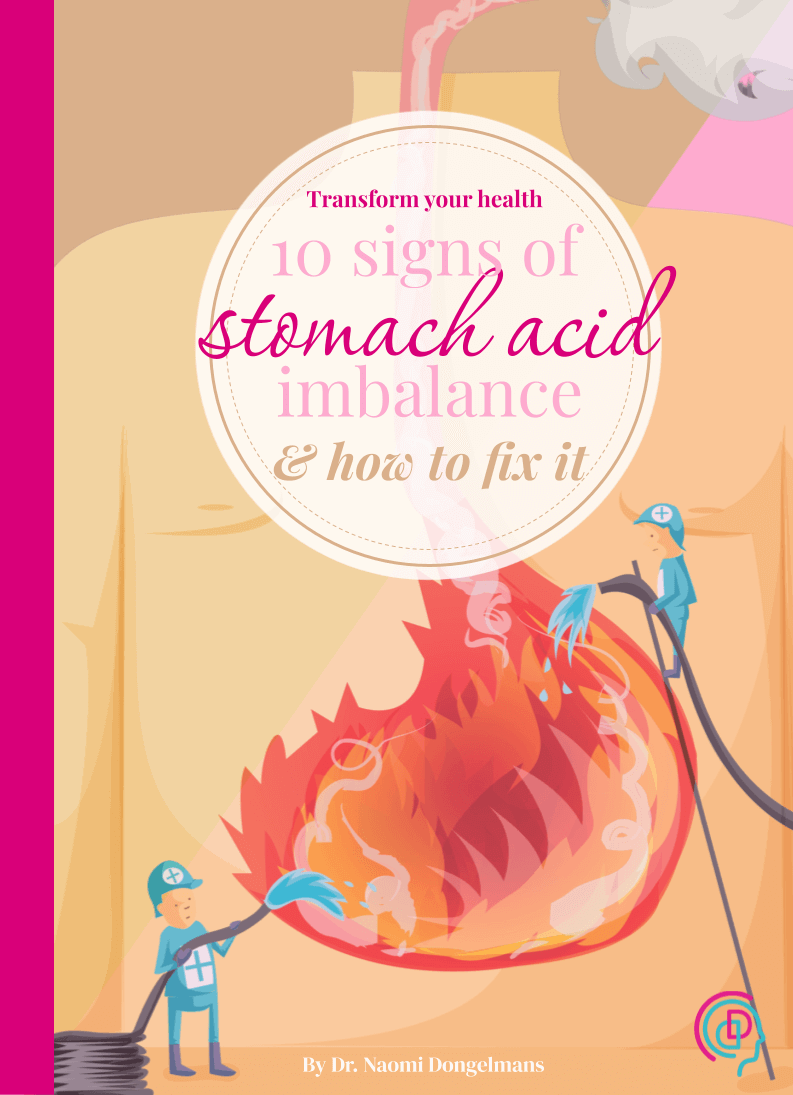
Sundowning, also known as "late-day confusion," is a term used to describe a phenomenon in which individuals with dementia or other cognitive impairments experience increased confusion, agitation, and restlessness as the day comes to an end. It is most commonly observed in those with Alzheimer's disease but can also affect those with other forms of dementia, brain injury, or cognitive decline.
While the exact cause of sundowning is not fully understood, it is thought to be related to changes in the body's natural sleep-wake cycle and environmental and emotional triggers. Some researchers believe that sundowning may be related to the brain's inability to process and store new information as the day progresses, leading to increased confusion and agitation.
Symptoms
Symptoms of sundowning can range from mild to severe, and may include:
- Increased agitation and restlessness
- Confusion and disorientation
- Difficulty with communication
- Difficulty with problem-solving
- Difficulty with memory
- Mood changes, including anger and irritability
Strategies
Managing sundowning can be challenging, as it can occur at different times and with varying severity in different individuals. However, there are a few strategies that can be helpful in reducing the frequency and severity of sundowning episodes:
Establishing a consistent routine
Creating a structured daily routine can help to reduce confusion and provide a sense of stability for individuals with cognitive impairments.
Managing the environment
Simple changes to the environment, such as reducing clutter and noise, can help to reduce confusion and agitation.
Providing physical and mental stimulation
Engaging in activities that provide physical and mental stimulation, such as puzzles, games, or light exercise, can help to keep the mind active and reduce confusion.
Monitoring medication
It is important to work with a healthcare provider to carefully manage any medications that may be contributing to sundowning symptoms.
Seeking support
It can be helpful to seek support from caregivers, family members, and healthcare professionals in managing sundowning symptoms.
If you are caring for a loved one with sundowning, it is important to be patient and understanding, and to seek support from healthcare professionals as needed. With the right strategies and support, it is possible to reduce the frequency and severity of sundowning episodes and improve the quality of life for both the individual with cognitive impairments and their caregivers.
Love what you read here? Subscribe for updates! Add me to the list!




























0 Comments